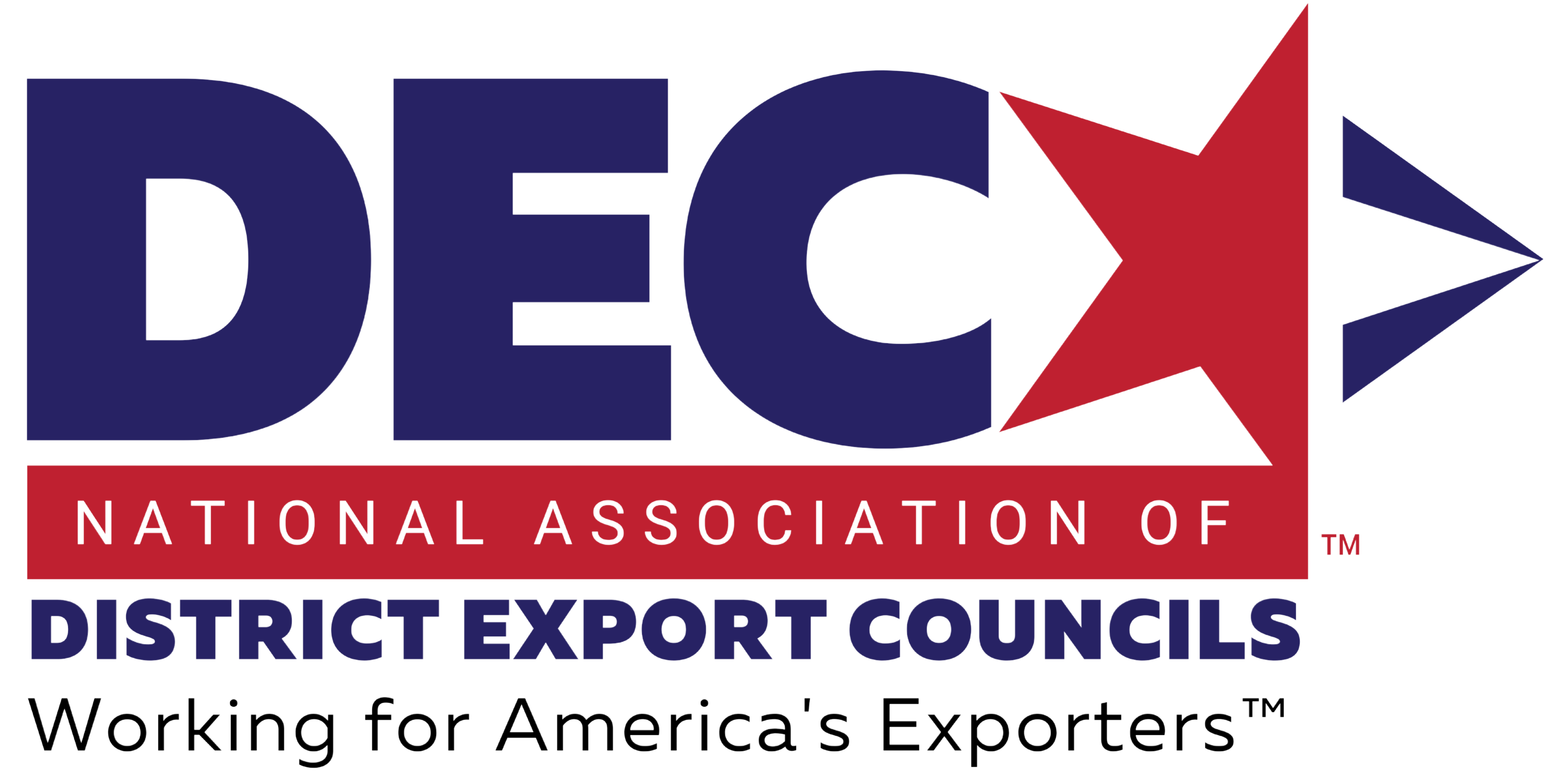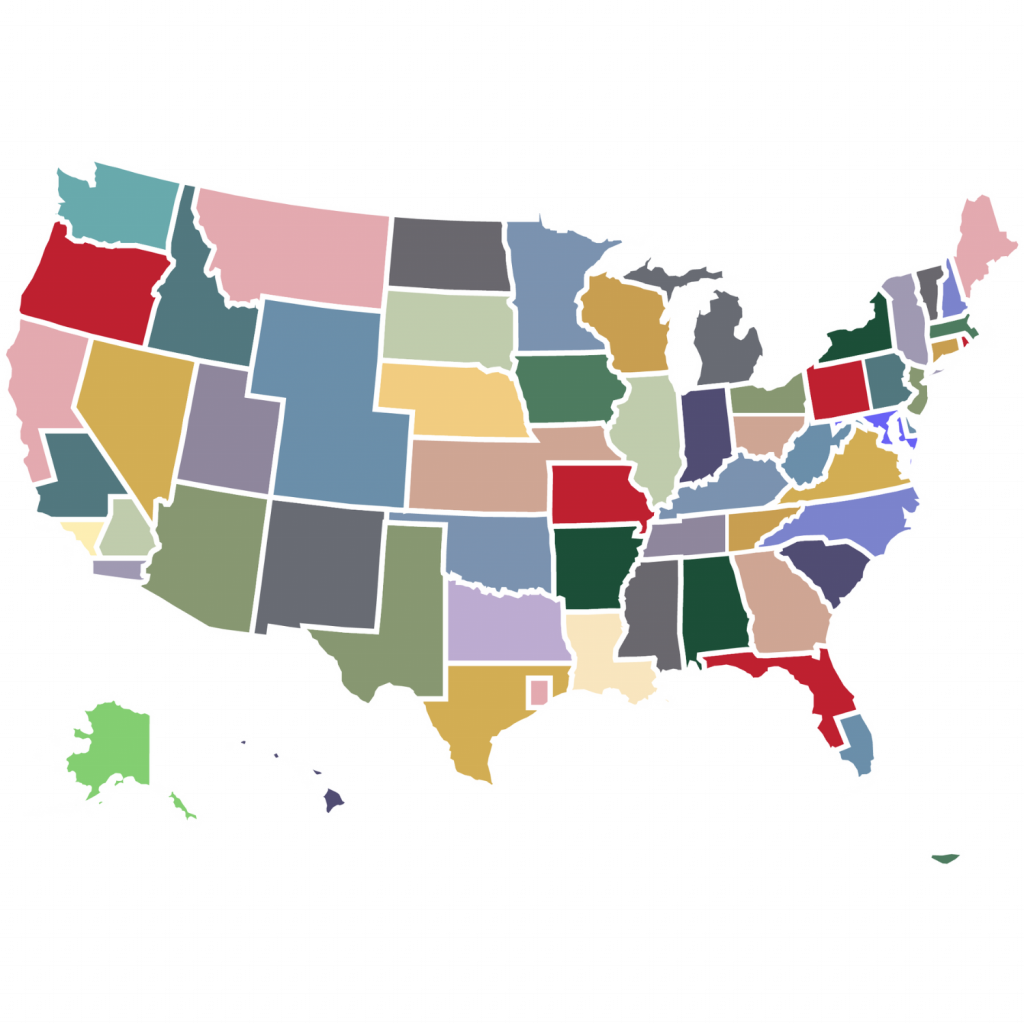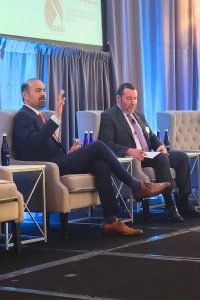The Hill
By Myron Brilliant
Published: April 24, 2014
Source- thehill.com/blogs/congress-blog/economy-budget/204313-unilateral-disarmament-in-trade#ixzz2zq1djMIB
Two years ago this spring, large bipartisan majorities in Congress approved legislation reauthorizing the Export-Import Bank of the United States (Ex-Im), which is hosting its annual conference beginning today. But time flies, and Ex-Im’s charter will expire in just over five months.
While some critics are seeking to re-open the debate over the bank, the facts show Ex-Im continues to play a critical role helping American companies compete in global markets.
Last year, Ex-Im supported export sales that sustained more than 200,000 American jobs at 3,400 companies. Ex-Im is especially important to small- and medium-sized businesses, which account for more than 85 percent of the bank’s transactions. Tens of thousands of smaller companies that supply goods and services to large exporters also benefit from Ex-Im’s activities.
Unilateral disarmament is rarely a good idea, but this is precisely what these critics are seeking in their effort to eliminate Ex-Im.
Take a quick survey of trade finance around the globe. Ex-Im is one of at least 60 official export credit agencies (ECAs) worldwide. The Organization for Economic Cooperation and Development (OECD) reports that these ECAs have extended more than $1 trillion in trade finance in recent years.
With world trade at record levels, foreign ECAs are busier than ever. In 2012, German and French ECAs extended roughly two and a half times as much export finance — measured as a share of GDP — as Ex-Im did; Chinese and Indian ECAs provided almost three times and Korea’s ECA ten times as much as Ex-Im.
For the United States to “exit Ex-Im” would serve only to put American companies at a unique disadvantage in global markets. The notion that the United States can convince other countries to close the 59 ECAs they support — by example or negotiations — is a fantasy: Governments from Canada to China have shown zero interest in shuttering their ECAs.
And make no mistake: Ex-Im matters. Listen to Judy Zakreski of Chindex Medical Limited, located in Bethesda, Maryland: “If we lose access to Ex-Im loan guarantees, we cannot hope to compete with the vast financing available from European and Israeli ECAs, and hospitals will purchase equipment from those countries instead of medical devices made in America.”
Moreover, American taxpayers can cheer the fact that Ex-Im regularly helps reduce the federal deficit by hundreds of millions of dollars. Far from being a subsidy for corporations, Ex-Im charges fees for its services that returned $1.1 billion to the U.S. Treasury after covering all its expenses in fiscal years 2012 and 2013.
Ex-Im loans expose the U.S. taxpayer to little risk because they are backed by the collateral of the goods being exported. Borrowers have defaulted on less than 2 percent of all loans backed by Ex-Im over the past eight decades, a default rate lower than commercial banks.
At a time when polls show the economy, growth, and jobs remain top priorities, efforts to hobble Ex-Im will quickly hit the headlines as export deals are lost to third-country competitors.
We can’t let that happen. For the sake of American exporters small and large, it’s time for Congress to reauthorize Ex-Im.
Brilliant is executive vice president and head of International Affairs at the U.S. Chamber of Commerce































































